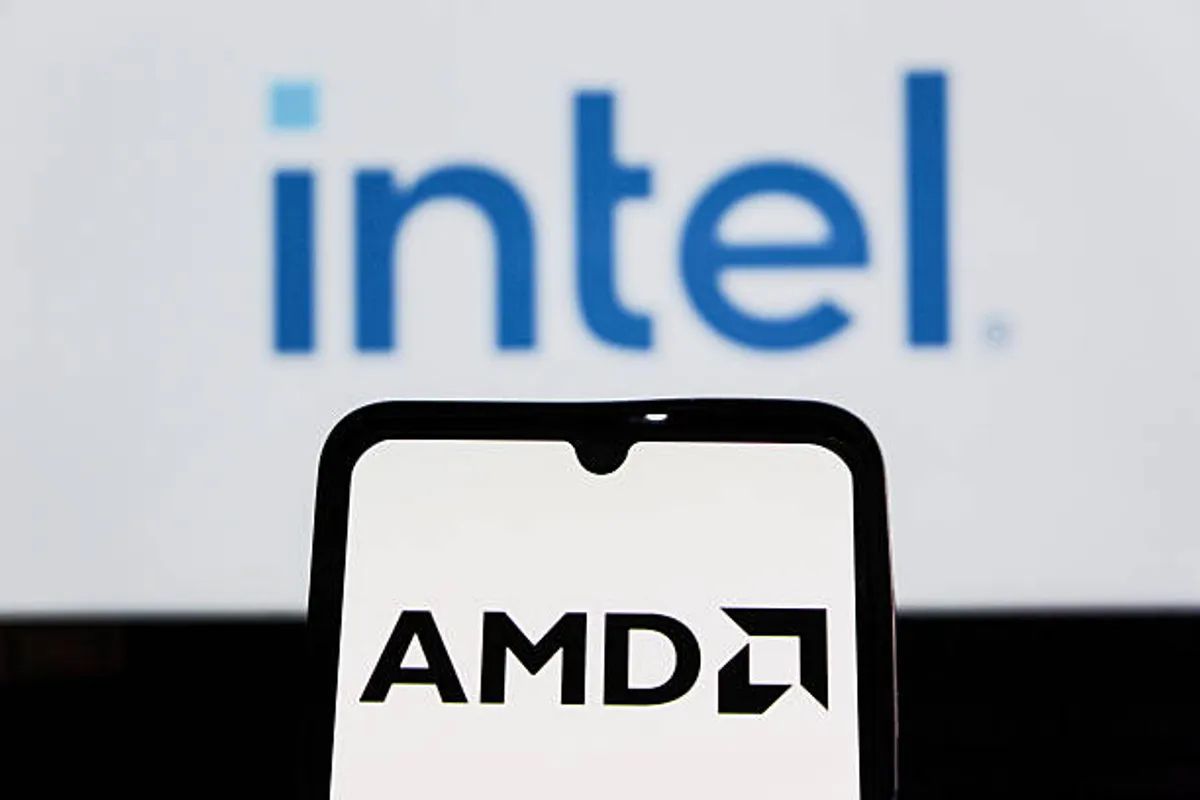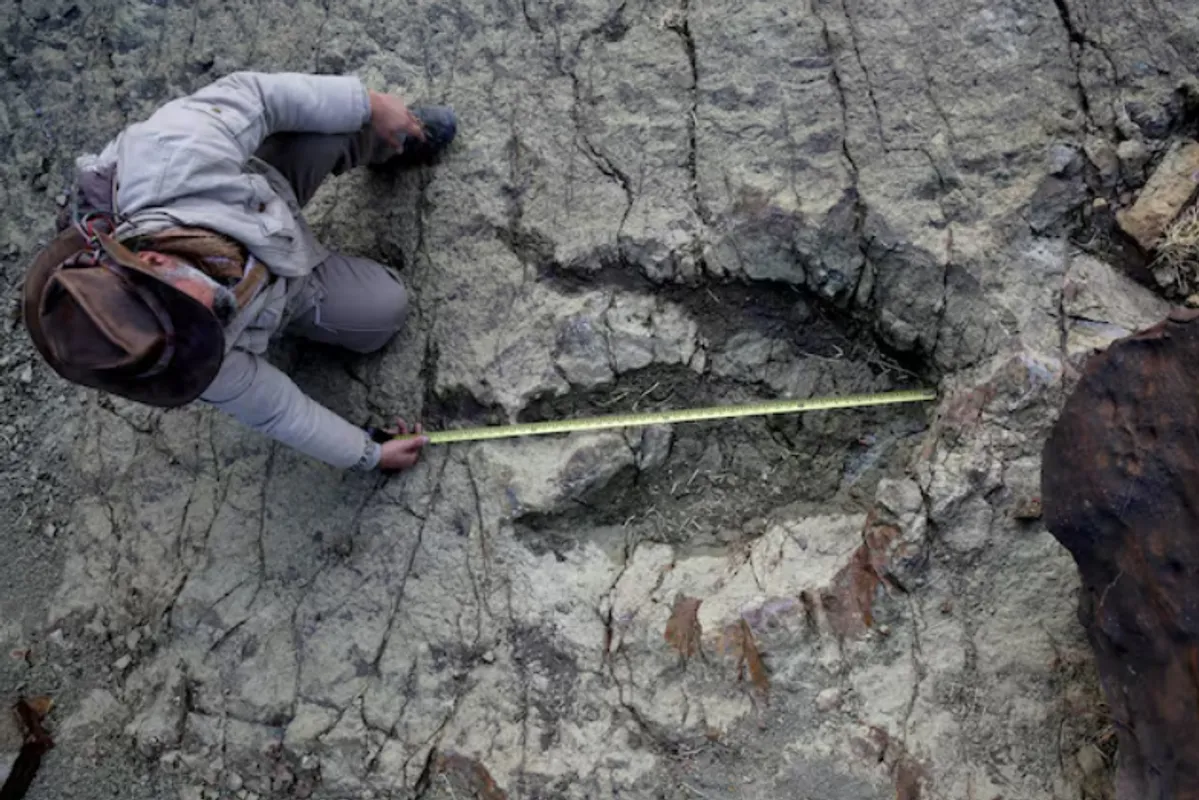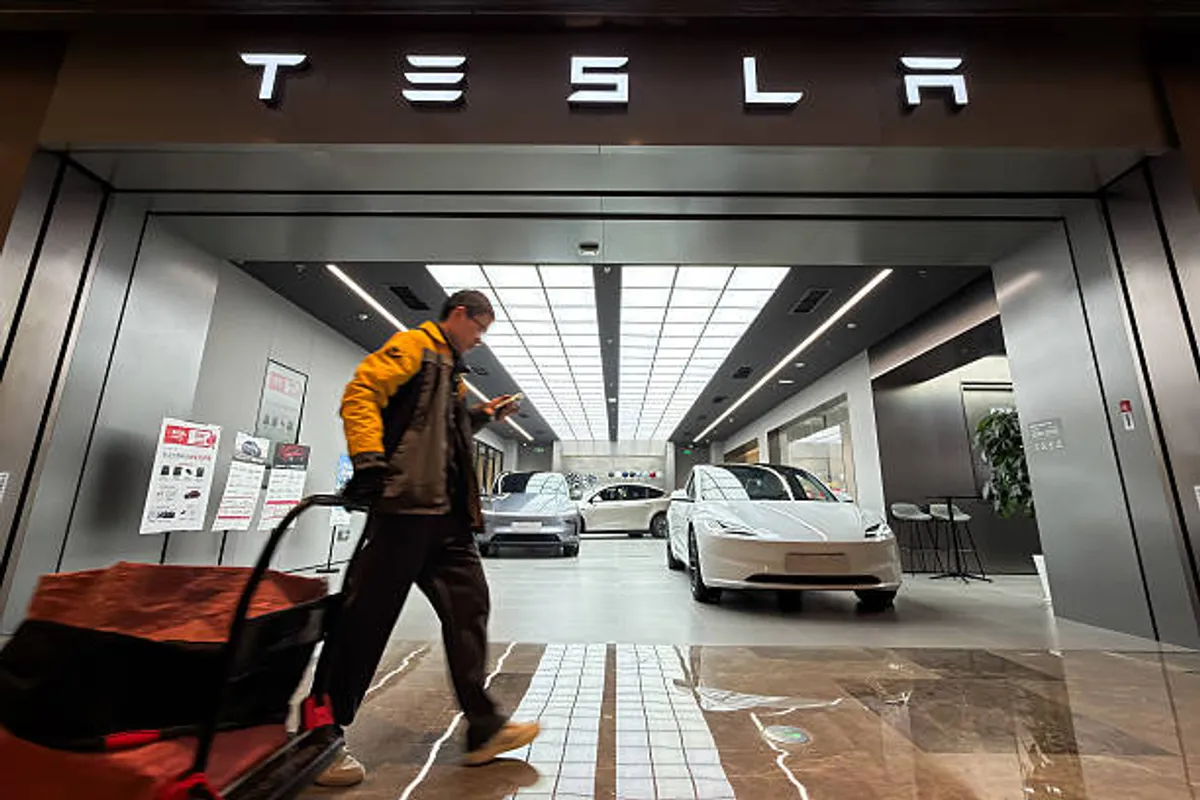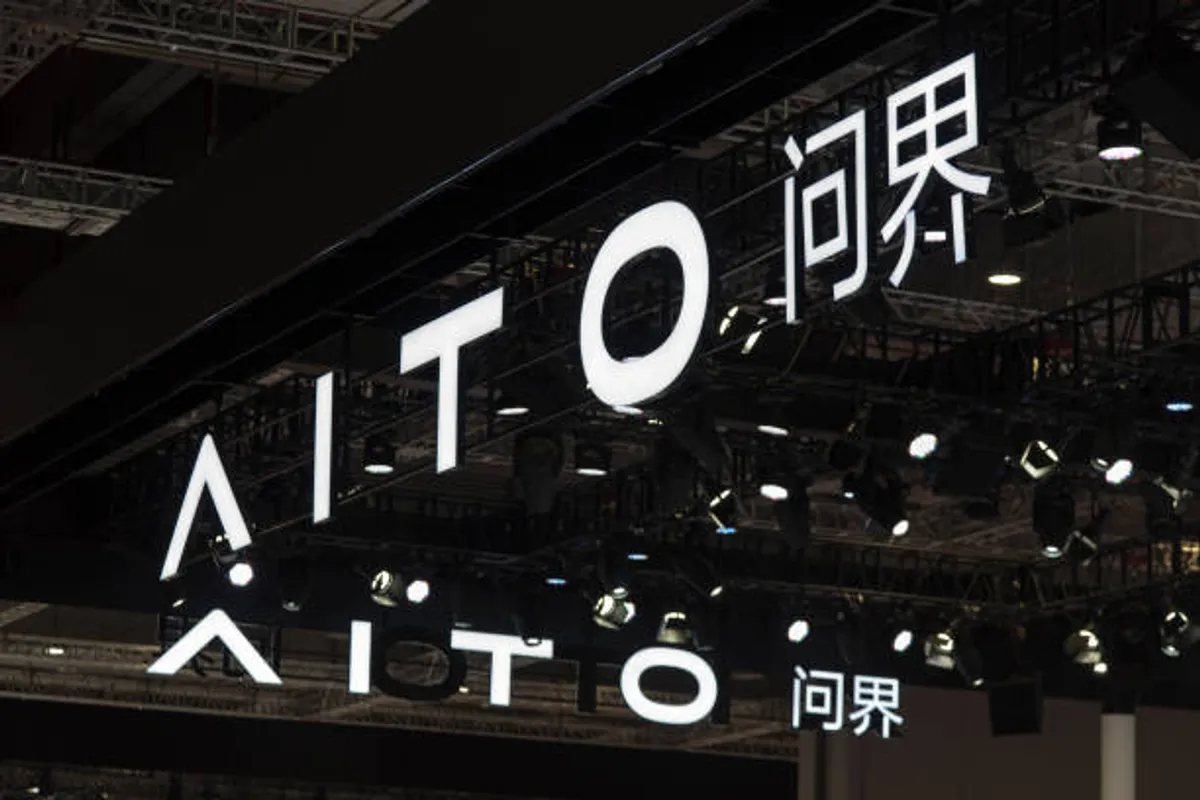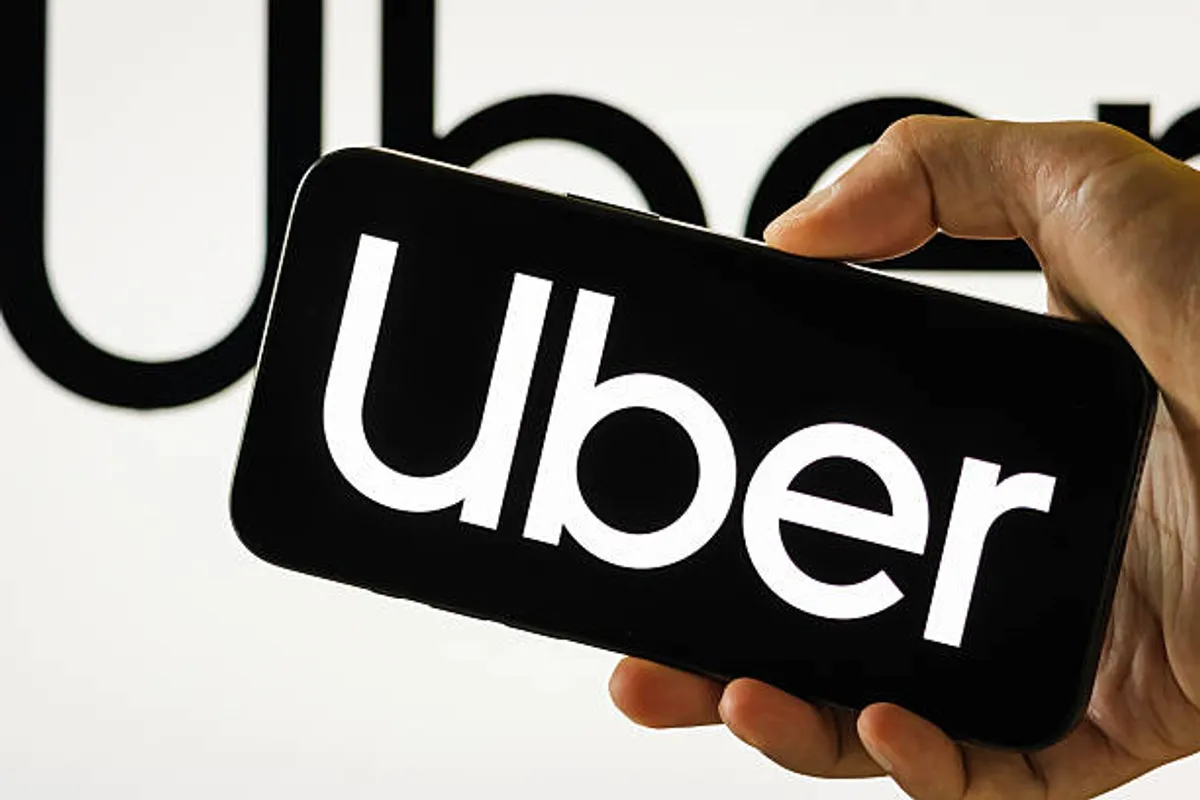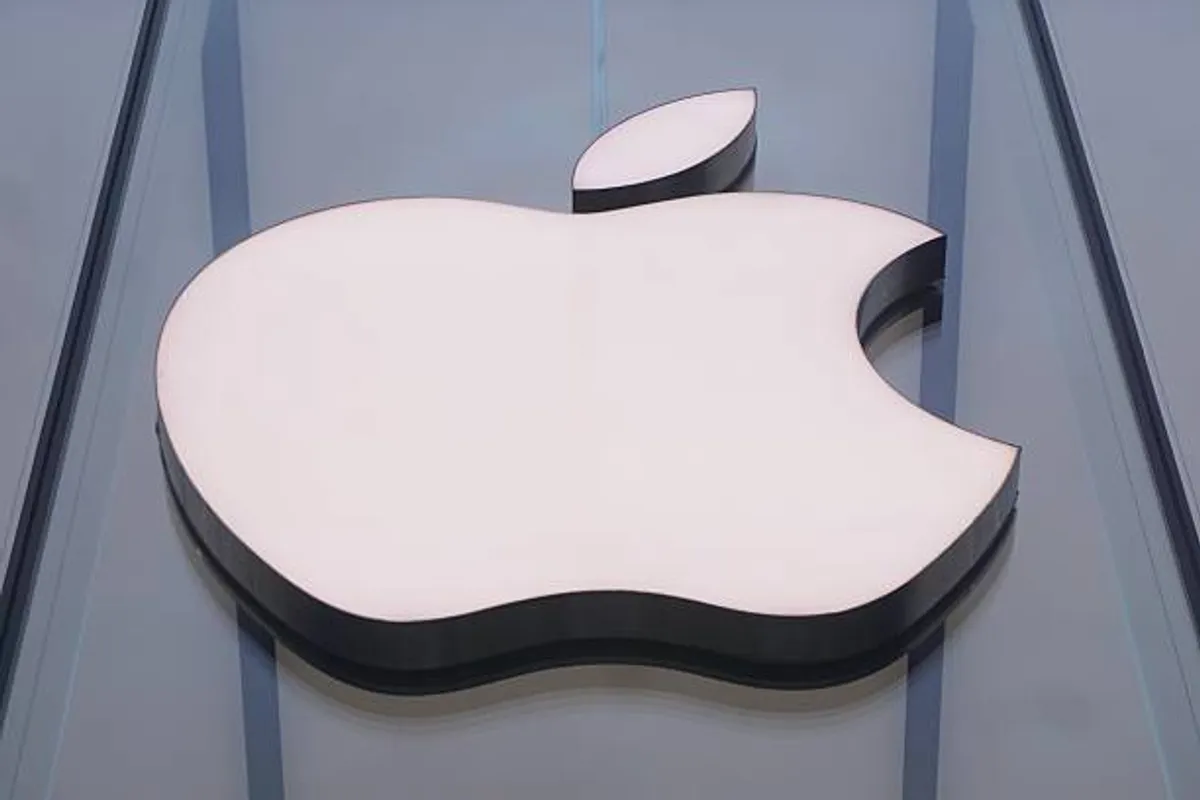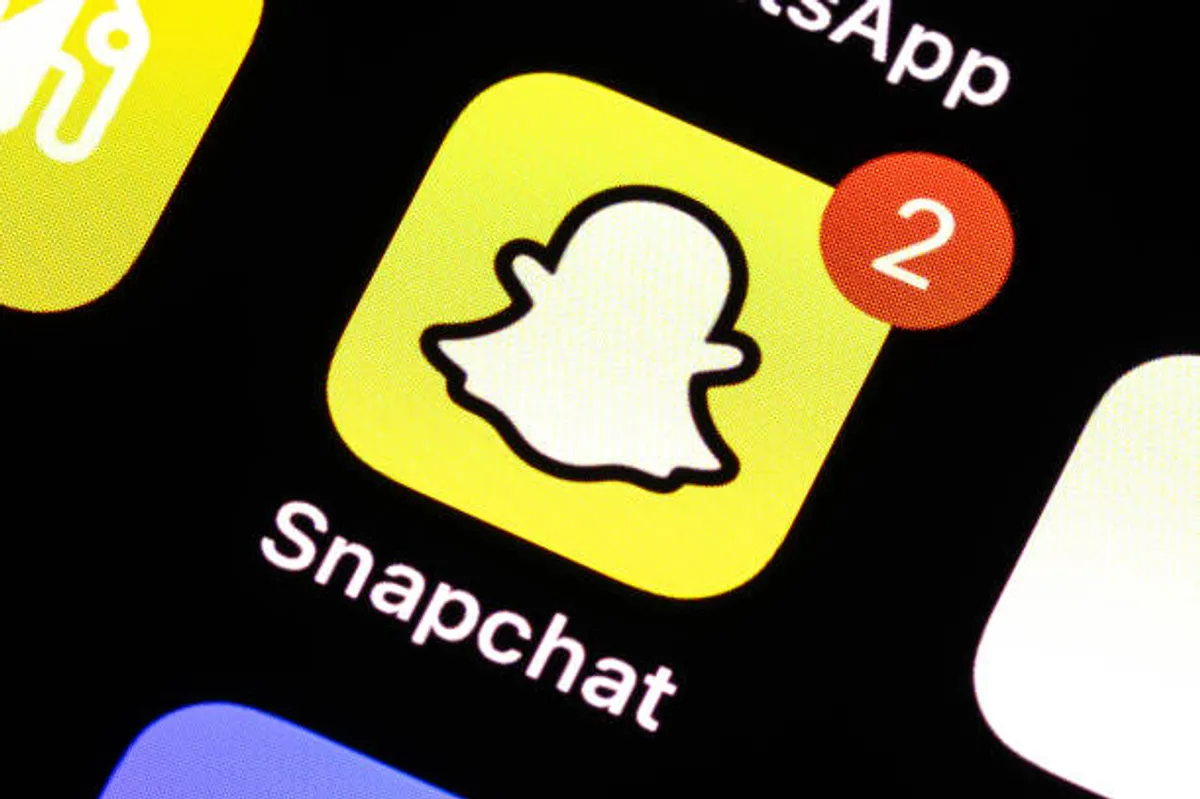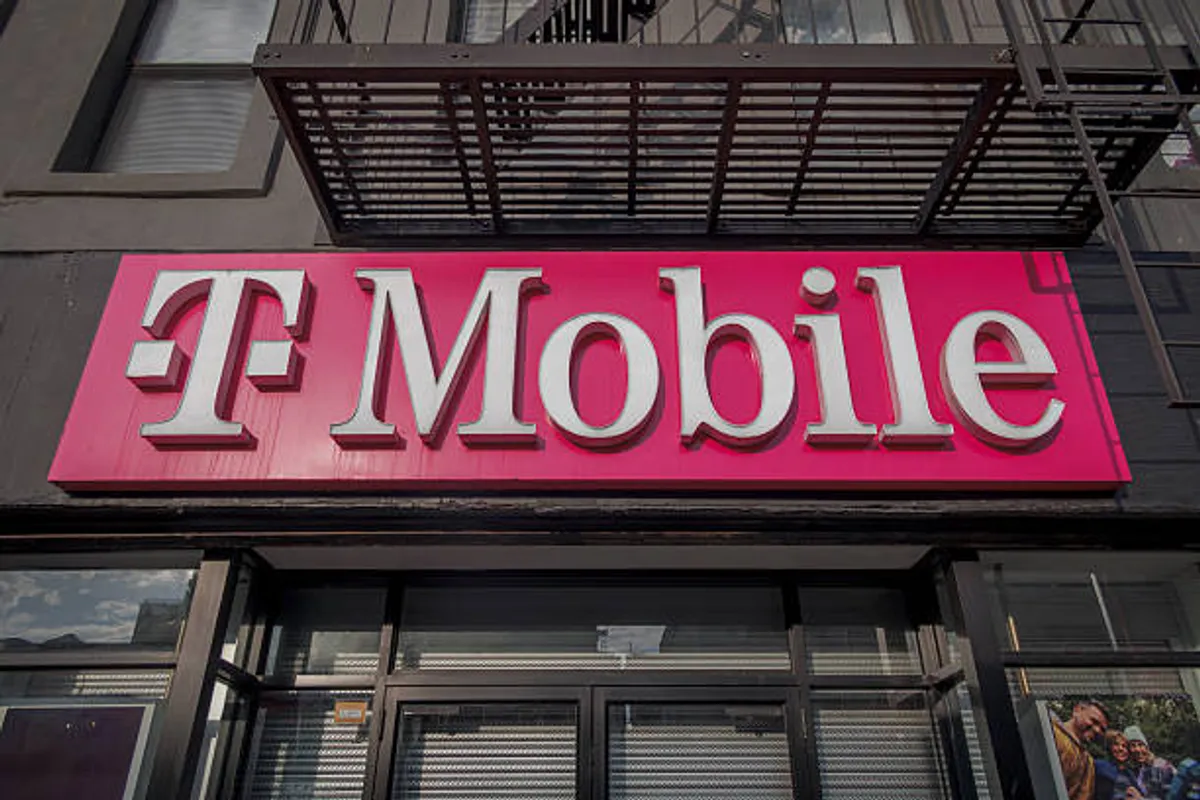Disney Asks YouTube TV to Restore ABC for Election Day Coverage

GeokHub
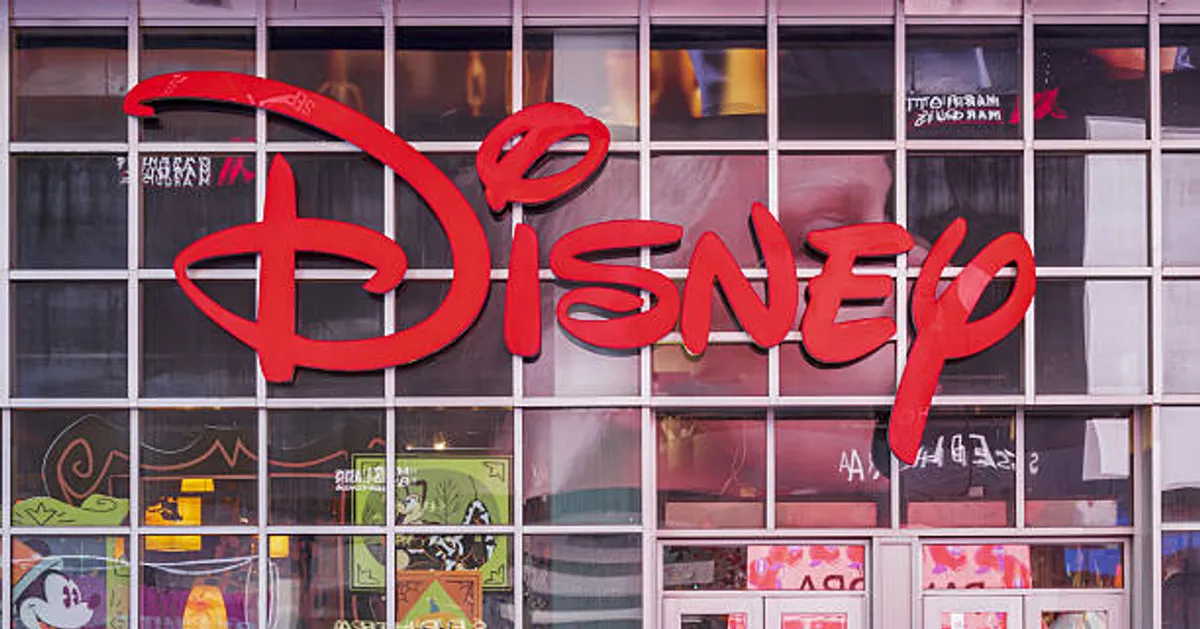
Disney has formally requested that YouTube TV temporarily reinstate the ABC network for Election Day, arguing that viewers deserve access to essential news despite an ongoing blackout of Disney channels on the platform. The blackout stems from a failed licensing agreement between Disney and YouTube TV, owned by Google.
In its statement, Disney emphasized the importance of public interest: “Despite the impasse that led to the current blackout, we have asked YouTube TV to restore ABC for Election Day so subscribers have access to the information they rely on.” The company said it remains committed to negotiating a fair agreement but urged YouTube TV to make this narrow accommodation.
YouTube has not yet formally accepted the request as of this writing. The network pull began late last week when Disney’s carriage renewal with YouTube TV fell through. Major Disney channels—ABC, ESPN, FX, National Geographic and others—have since gone dark on the streaming platform, affecting millions of subscribers.
Analysis / Impact:
This dispute highlights the tension between content providers and distributors in the streaming era. On one hand, Disney wants what it sees as fair compensation for its valuable networks; on the other hand, YouTube TV must balance cost pressures and subscriber expectations.
Asking for a one-day restoration for ABC is a strategic move by Disney. It frames the blackout as harmful not just to business interests, but to civic engagement and the public’s access to news during a critical moment. That gives the narrative moral weight, putting pressure on YouTube TV to act—even if just for a limited time.
If YouTube agrees, it could defuse some public backlash and avoid complaints about suppression of news. But doing so might also set a precedent: other content providers might demand temporary restorations in future disputes.
If YouTube refuses, the blackout could deepen public irritation—and possibly push more viewers toward alternate streaming options or traditional broadcast channels. For YouTube, the risk is backlash from subscribers who feel caught in the middle of corporate negotiation.
At the end, this is as much about optics and bargaining power as about money. Disney is signaling that its channels are too central to be denied, especially during major civic events. YouTube TV’s response will indicate how far it’s willing to bend in the face of public pressure.

